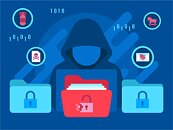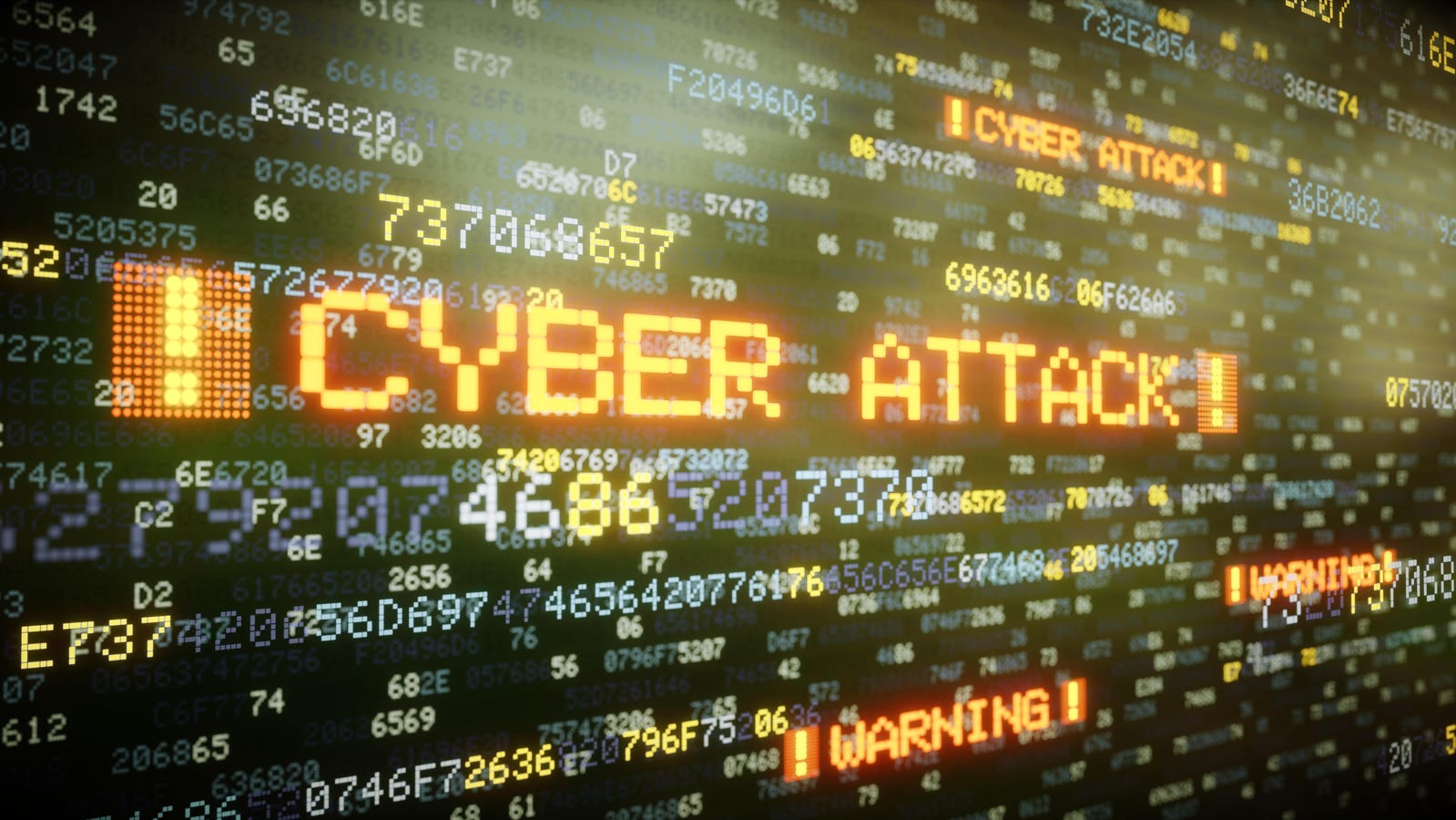Raevenlord
News Editor
- Joined
- Aug 12, 2016
- Messages
- 3,755 (1.18/day)
- Location
- Portugal
| System Name | The Ryzening |
|---|---|
| Processor | AMD Ryzen 9 5900X |
| Motherboard | MSI X570 MAG TOMAHAWK |
| Cooling | Lian Li Galahad 360mm AIO |
| Memory | 32 GB G.Skill Trident Z F4-3733 (4x 8 GB) |
| Video Card(s) | Gigabyte RTX 3070 Ti |
| Storage | Boot: Transcend MTE220S 2TB, Kintson A2000 1TB, Seagate Firewolf Pro 14 TB |
| Display(s) | Acer Nitro VG270UP (1440p 144 Hz IPS) |
| Case | Lian Li O11DX Dynamic White |
| Audio Device(s) | iFi Audio Zen DAC |
| Power Supply | Seasonic Focus+ 750 W |
| Mouse | Cooler Master Masterkeys Lite L |
| Keyboard | Cooler Master Masterkeys Lite L |
| Software | Windows 10 x64 |
A Report via the New York Times paints an increasingly challenging picture for security specialists, technology users and businesses. Security firm Emsisoft reported a 41% increase in ransomware attacks in 2019 (in the US) compared to the previous year (up to 205,280 distinct attacks). The advent of cryptocurrencies with built-in anonimity, such as Monero, have become the favored extortion method employed by wrongdoers, shielding them from the usual checks and balances of the banking system. And with increasingly complex tools in the hands of hackers, plus the advantage of first strike new attacks enjoy, ransomware is becoming harder and harder to battle. According to the New York Times, citing security firm Coveware, the average payment for file decryption in 2019 rose to $84,116 in the Q4 2019, double what it was just in Q3. And in the last month of the year, the average decryption payment jumped more than twofold to $190,946.

Ransomware works by deploying a payload on a users' system that then proceeds to selectively (or wholly) encrypt the data found on the machine's storage drives. Then a cryptocurrency address is shown to the affected user, alongside an instructional message on how to proceed. Of course, payment of the required ransom doesn't always lead to a recovery of the data - as in all criminal dwellings, chances are users both lose their data (which can always be sold to third parties) and money. And there's always another factor to consider: that of lost operations, and thus opportunities at revenue, for companies, or the indirect consequences and costs derived from meddling with systems as fragile as public health and taxation systems. The city of Baltimore, for example, was a very high profile victim of a ransomware attack which saw around 10,000 government computers being locked down, with an estimated cost set at $18 million. The full potential cost of these attacks on US soil alone is estimated at $7.5 billion, with major targets being healthcare providers (764 instances), state and municipal agencies (113 instances) and universities (89 in total, with an estimated 1,233 individual schools potentially affected).
The Emsisoft report is a very interesting read into the consequences of ransomware on today's globalized society and (sometimes for the best, other times, for the worst) tight-knit, interacting systems. Below you'll find a list of actual consequences from a number of ransomware attacks across various sectors, but you can find the full report in the source link.
View at TechPowerUp Main Site

Ransomware works by deploying a payload on a users' system that then proceeds to selectively (or wholly) encrypt the data found on the machine's storage drives. Then a cryptocurrency address is shown to the affected user, alongside an instructional message on how to proceed. Of course, payment of the required ransom doesn't always lead to a recovery of the data - as in all criminal dwellings, chances are users both lose their data (which can always be sold to third parties) and money. And there's always another factor to consider: that of lost operations, and thus opportunities at revenue, for companies, or the indirect consequences and costs derived from meddling with systems as fragile as public health and taxation systems. The city of Baltimore, for example, was a very high profile victim of a ransomware attack which saw around 10,000 government computers being locked down, with an estimated cost set at $18 million. The full potential cost of these attacks on US soil alone is estimated at $7.5 billion, with major targets being healthcare providers (764 instances), state and municipal agencies (113 instances) and universities (89 in total, with an estimated 1,233 individual schools potentially affected).
The Emsisoft report is a very interesting read into the consequences of ransomware on today's globalized society and (sometimes for the best, other times, for the worst) tight-knit, interacting systems. Below you'll find a list of actual consequences from a number of ransomware attacks across various sectors, but you can find the full report in the source link.
- Emergency patients had to be redirected to other hospitals.
- Medical records were inaccessible and, in some cases, permanently lost.
- Surgical procedures were canceled, tests were postponed and admissions halted.
- 911 services were interrupted.
- Dispatch centres had to rely on printed maps and paper logs to keep track of emergency responders in the field.
- Police were locked out of background check systems and unable to access details about criminal histories or active warrants.
- Surveillance systems went offline.
- Badge scanners and building access systems ceased to work.
- Jail doors could not be remotely opened.
- Schools could not access data about students' medications or allergies.
View at TechPowerUp Main Site









 ).
).